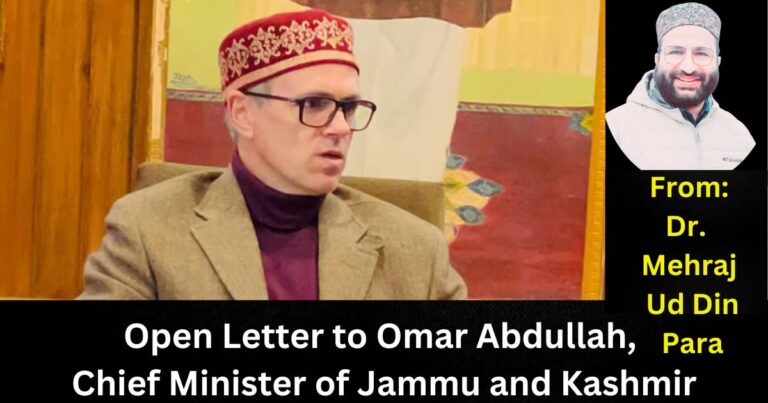Army Chief’s Statement Threatens Bangladesh’s Democracy and Must Be Opposed
The recent statement by Bangladesh Army Chief General Waker-Uz-Zaman, warning that the country is at risk due to internal anarchy, raises serious concerns about the future of democracy in Bangladesh. His remarks, which suggest a growing role of the military in governance, should be viewed with caution, as they pose a direct challenge to civilian rule and democratic principles. If left unchecked, such statements could pave the way for increasing military influence over political affairs, threatening the democratic foundation that the people of Bangladesh have fought hard to establish.
A Dangerous Precedent
General Waker-Uz-Zaman’s statement, made at an army memorial event on February 25, 2025, comes at a time when Bangladesh is already experiencing political instability following the ouster of former Prime Minister Sheikh Hasina in August 2024. The interim government led by Muhammad Yunus has struggled to manage the transition, and law enforcement agencies have faced difficulties in maintaining order. However, allowing the military to intervene in civilian affairs under the pretext of maintaining stability would set a dangerous precedent for future governance.
History shows that military involvement in politics often leads to authoritarian rule. In many countries where the military has stepped in under similar circumstances, democratic institutions have weakened, civil liberties have been curtailed, and opposition voices have been silenced. Bangladesh must not follow this path. The country’s people must reject any move that seeks to normalize military intervention in governance.
Undermining Civilian Authority
The Bangladesh Army Chief’s assertion that the “anarchy we have witnessed is of our own making” may be a reflection of the current political divisions, but the implication that the military should step in to restore order is deeply problematic. It signals an erosion of trust in civilian leadership and the institutions meant to uphold democracy. The primary responsibility of maintaining law and order should lie with the government and civilian security forces, not the military.
By making such a statement, General Waker-Uz-Zaman has overstepped his role and entered the realm of political discourse, which is not the domain of the military. In a democratic system, it is the elected representatives of the people who should lead the country, make decisions on governance, and address political conflicts. Any deviation from this principle undermines the authority of civilian institutions and weakens democracy.
Threat to Political Stability
One of the biggest risks of the Army Chief’s statement is that it may embolden certain factions within the military to seek a more direct role in political affairs. This could lead to an increase in military-backed governance, as seen in other nations where democracy has eroded due to excessive military influence. Moreover, such remarks can create fear among politicians and activists, discouraging open debate and opposition, which are essential components of a healthy democracy.
The statement also risks deepening existing divisions within the country. Instead of fostering dialogue and cooperation among political parties, it could be used as a justification for crackdowns on dissenting voices. This, in turn, could lead to further instability rather than restoring order.
Democracy Must Be Defended
The people of Bangladesh must not allow such statements to go unchallenged. Civil society organizations, political parties, and international allies must call out this dangerous rhetoric and demand a firm commitment to democratic governance. The interim government must reaffirm civilian supremacy and ensure that the military remains within its constitutional role.
Bangladesh has made significant progress in its democratic journey, despite challenges. Allowing the military to play an outsized role in governance would undo these achievements and risk pushing the country towards authoritarian rule. The people of Bangladesh deserve a future where their leaders are accountable to them, not to the military. It is essential to oppose any statement or action that threatens the core values of democracy, freedom, and civilian rule.
Conclusion
General Waker-Uz-Zaman’s statement is a warning sign that must not be ignored. While Bangladesh faces political challenges, the solution lies in strengthening democratic institutions, not in increasing military influence. The people of Bangladesh, civil society, and the international community must come together to ensure that democracy remains the guiding principle of governance. Any attempt to shift power away from elected representatives must be firmly resisted, as democracy is the only path to a stable and prosperous future for Bangladesh.
You Might Also Like:
LG Manoj Sinha Felicitates Recipients of Maharaja Hari Singh Dogra Samman Award 2025
Snow Avalanche Hits Gurez Valley in J&K, One House Damaged, No Casualties Reported
Sectarian Debate Between Barelvi and Deobandi Clerics in Kashmir Sparks Concern





